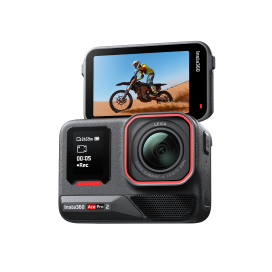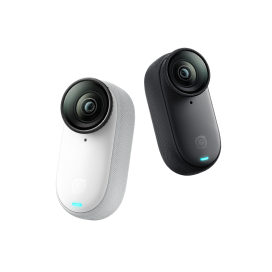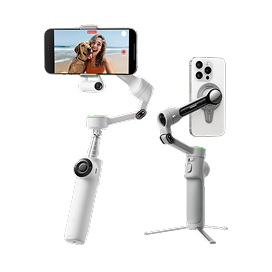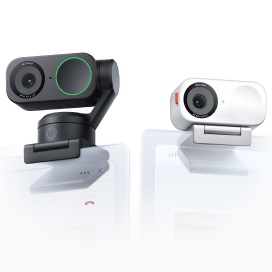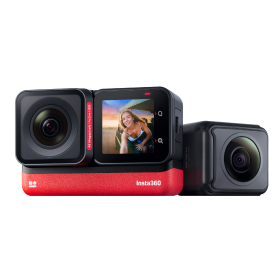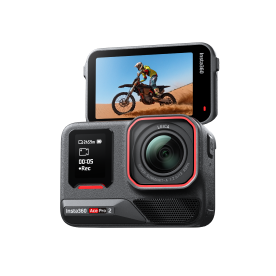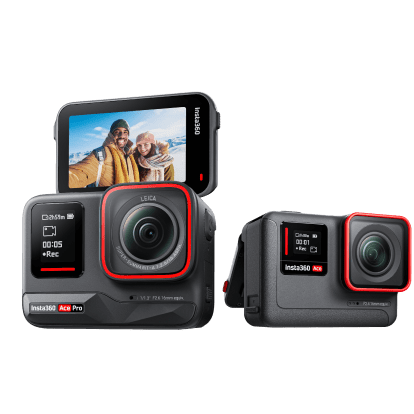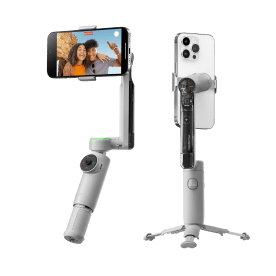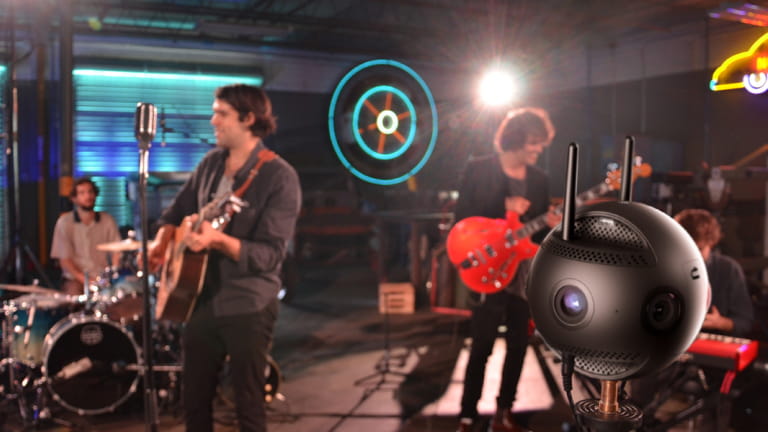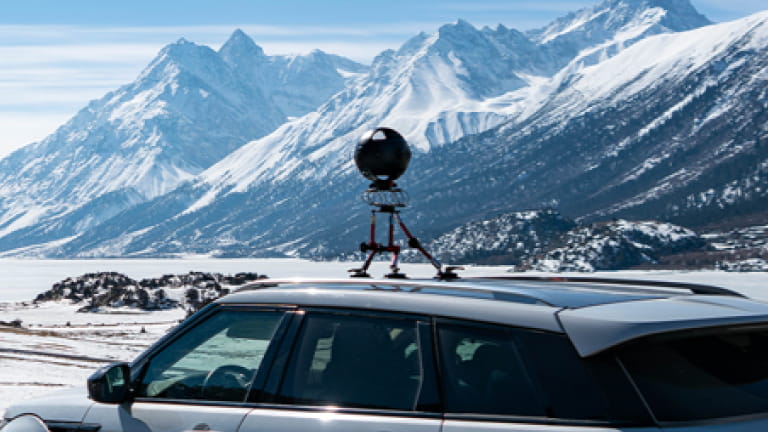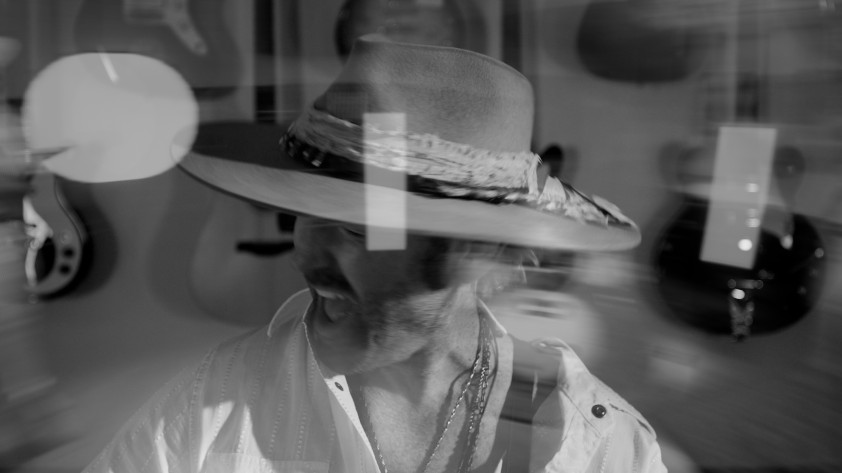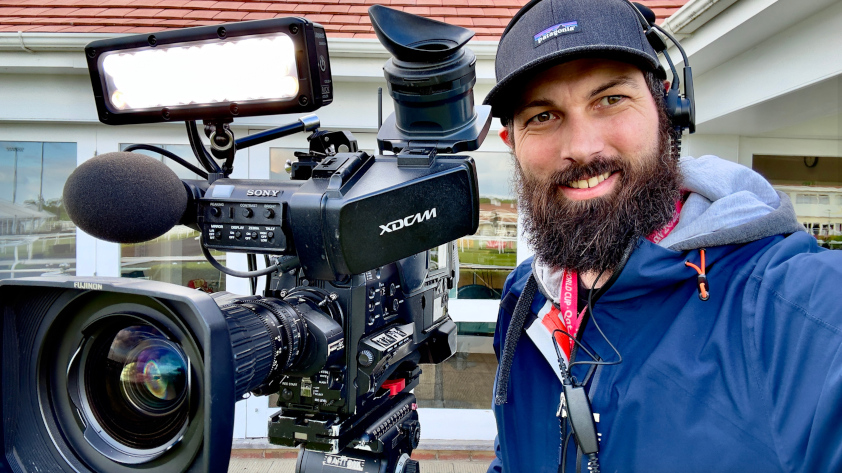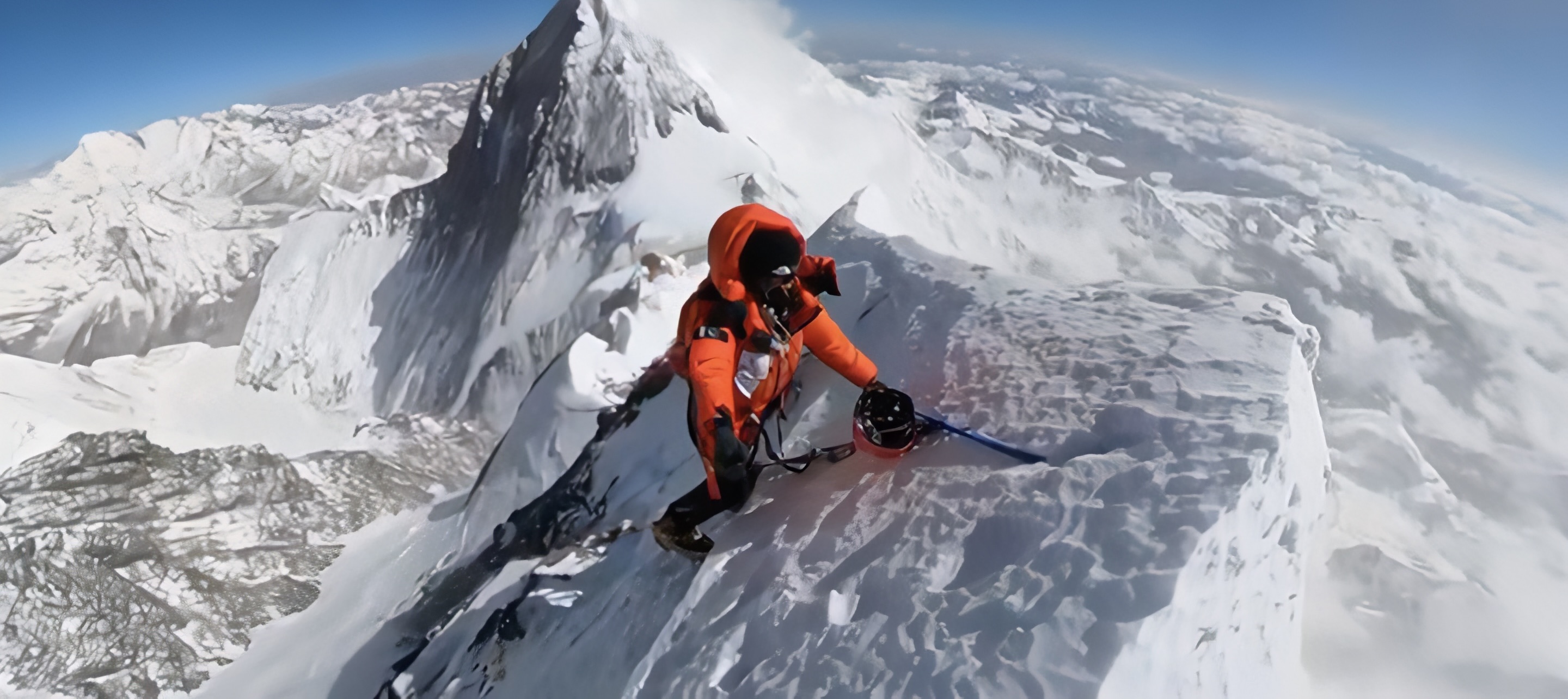In the fiercely competitive world of music production, breaking through the noise without breaking the bank is a major challenge for up-and-coming artists. Meet David Franz, a music maestro who’s been rewriting the script on what it takes to capture the spotlight in the digital age.
David's journey is anything but conventional. As a fresh-faced engineering graduate, he found himself at a crossroads during a pivotal job interview when an epiphany struck: music was his calling. Swapping his slide rule for a soundboard, David embarked on a journey that has led to him becoming a celebrated music producer and the driving force behind his own record label.
His latest music video, "Floating”, showcases just what’s possible with a bit of creativity, even on a budget. Shot using an Insta360 Pro 2 camera, David and his team were able to create a unique video that showcases their resourcefulness, passion, and collaborative spirit.
We spoke to David to find out more about his story, and what it takes to make it in the music industry.
From Engineering to Music Mastery.
Hi David! Can you please tell us more about yourself - who you are, where you're from, and what you do?
I'm David Franz, a musician and producer who strives to create unique music that feels
familiar and resonates with the soul. I write music and books, perform, produce, score films,
record, mix, master, create video content, and play multiple instruments. I founded the
Underground Sun record label in 2002 and have been running it ever since.
Do you remember how you felt when you released your first album as a producer? How does this compare to the feelings you had when you released your first album as a musician?
Great question! The first song I ever produced was for a 15-year-old kid while I was still a
student at Berklee. He paid me with a US$100 bill, which I still have framed. That moment
made me realize I could have a career in this business. When I released my first album under
my name, I was extremely nervous and even had a panic attack before it came out. I felt a
mix of uncertainty, fear, imposter syndrome, immense gratitude, and confidence. Now, after
several albums, I feel more comfortable and have found ways to sing that suit my voice
better.
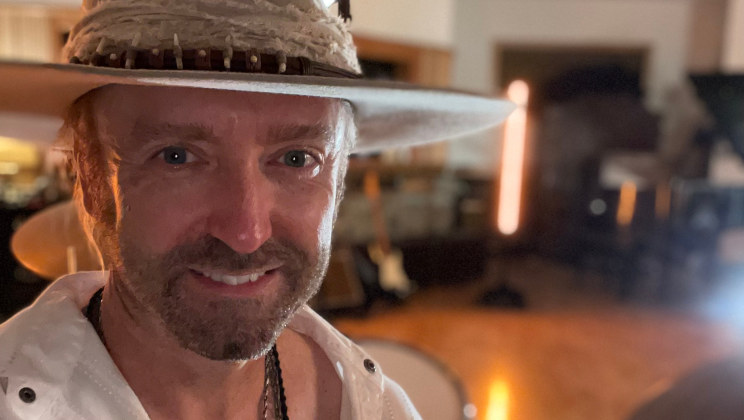
What was the driving force behind the creation of Underground Sun? And what makes the Underground Sun team stand out?
After finishing at Berklee College of Music, I was inspired by Sun Studio in Memphis and
decided to create my own studio. My basement studio in Boston was literally underground, so
I named it Underground Sun. Our mission is to shine a light on lesser-known artists and help
them rise. Underground Sun is an artist-friendly label based in Ojai, CA. We produce
timeless, soulful music and have generated hundreds of millions of views worldwide. Our
team is passionate about helping artists bring their visions to life and celebrating the creative spirit.
How are things going with the new album?
My new album, "The Wind Messiah Suite," is the most ambitious project I've ever been part
of. Inspired by the desert in Joshua Tree and my experiences in Rio de Janeiro, it chronicles a
hero's journey of following your inner voice. We recorded the basic tracks for 14 songs in
five days with an incredible ensemble of musicians. Currently, I'm recording the lead vocals
with various backing vocalists. This album will be mixed in both stereo and Dolby Atmos for
an immersive experience.
What are the key elements of a good music video? And how does working on a low budget affect the execution of those ideas?
I believe in these four key elements:
- Do something that has never been done before. Use technology in new ways, push the
art form, and try crazy ideas. - Do something you absolutely love and are passionate about because that passion will
translate to the screen. - Don't get too tricky with the story. Let the audience have a chance to create some of
the story for themselves. - When working with a small budget, hire one main person – a total creative pro,
someone who can (and wants to) wear many hats. Let them be your creative
force/collaborator, director, editor, etc. They will be fully invested if they have total
freedom with you on the project vision. Then, outsource the aspects of the project that
that person doesn't want to do or can't do well to take the unwanted bits off their plate.
Small teams of 2-3 can get amazing results.
During my music video shoots, I play the role of an assistant in every possible way. Off-
camera, I enjoy assisting the director with various tasks such as moving equipment, shooting
the b-roll, and handling other small but important tasks to keep costs down. On the other
hand, when I produce music video shoots for artists on my label Underground Sun, I don't
want the artist to have to lift a finger. I only want them to be in the moment. I'll still take care
of all the other little things to help the shoot run smoothly because it's fun.
Is this your first time working with an Insta360 camera? What made you choose Insta360 Pro 2?
Yes, it was my first time using an Insta360 camera. My director, Jeff Uzzel, had read up on
Insta360 Pro 2 and was eager to try it. The camera's quality, stitching capability, affordability, and ease of use made it the perfect choice for our ambitious project. Once set up, the camera performed flawlessly, allowing us to focus on creativity without any technical stress.
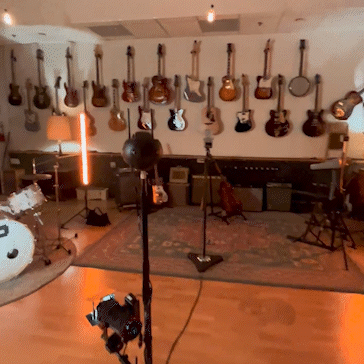
How did you (or your team) come up with the creative concept for the Floating video?
Jeff and I wanted to push the boundaries with 360° video. When we couldn't find any
examples of compositing in 360° videos online, it just made us even more determined to give
it a shot. The concept of "Floating" is all about having an out-of-body experience. We
brought this to life by creating multiple versions of me "falling out" of my body and playing
different instruments. We captured footage of me jumping and then reversed it to create the
illusion of me floating.
Opening more creative possibilities with Insta360.
How exactly did you use Insta360 Pro 2 to shoot the video for Floating? Were there any specific features that you found particularly useful?
We set up Insta360 Pro 2 at the center of Carbonite Sound studio and shot multiple takes of
me playing instruments and singing. We made sure to position the instruments carefully and
used strategic lighting to avoid any stitch lines. Jeff handled all the shooting and editing,
while Nick Passick took care of masking and compositing. The smooth stitching and high-
quality footage from the camera allowed Jeff to add some cool dramatic effects in post-
production, which really brought the video to life.
Did using the Insta360 Pro 2 camera help with the production budget for this video?
Absolutely! The affordability of Insta360 Pro 2 made this entire video conceptually and
financially possible.
Would you consider using Insta360 cameras to record music videos in the future?
Definitely! I can't wait to create more videos with this camera. Insta360 Pro 2 has opened up
new creative possibilities and allows us to achieve previously unachievable images. I'm
excited about the future projects we can bring to life with this technology.
Not only has David brought his creative ideas to life with Insta360 Pro 2, but he's also on a
mission to help upcoming musicians share their passion and music with the world. We wish
him, his team, and their musicians all the best and can't wait to see what they create together.
Keen to keep up to date on Insta360 stories? Keep an eye on our blog and sign up for our mailing list. You can also contact our Enterprise team directly to see how 360 cameras can benefit your business.

